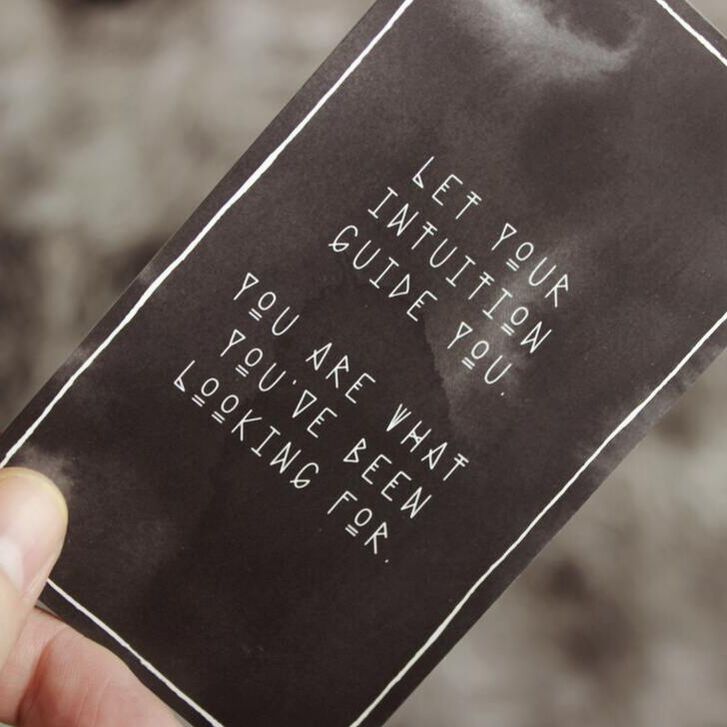|
Most of the links on this post are informational, but a few are affiliate links to help maintain this website. Somatics is the practice of experiencing the internal sensations and signals of the body. Modern psychotherapists recognized this as a way to regulate the nervous system and ease symptoms of mental health issues. This modality is practiced in the right hemisphere of the brain where perception and sensation are located. The left hemisphere is responsible for cognitive processing and sequential thinking. Basically, feeling versus thinking. So much of language is cognitive; however, there are many phrases that speak more to right hemisphere processing than left. Here are some examples of somatic phrases we use on a regular basis: 1. "Gut Feeling" We often hear people speak of their gut feeling as a sensation that informs them whether or not to do something. This phrase puts language to what we innately know. That our feelings, not our thoughts are our most attuned guide when making decisions. The curious thing about a gut feeling is that if we are feeling "dysregulated" (some level of anxious or depressed) we are not as in tune with the feelings of our gut and it becomes more difficult to make decisions. We can learn to “trust our gut,” by learning to trust our body. 2. "Shouldering the responsibility" One of the first places people notice muscle tension from the fixed action patterns of the autonomic nervous system is in their shoulders. Often people notice tension in their shoulders when they are carrying too many responsibilities or are feeling responsible for others. In letting go of some of the responsibility we can allow our shoulders to release. 3. "Heart to heart" In somatic therapy the space between client and therapist (or any dynamic between two people) is known as the intersubjective field. The magic is that our two hearts are talking without needing to say a word. In everyday life when we have a "heart to heart: conversation, we are usually referring to a conversation about our feelings. We feel connection in our heart space which allows us to be open and vulnerable with each other. You may even remember leaving a "heart to heart" conversation feeling more connected to the other person. 5. "Having a backbone" Our backbone is our somatic powerhouse. The back of the body holds what the viscera are not able to hold. As a saying, "having a backbone" means to be strong in your convictions and have the ability to stand up for yourself. In trauma sometimes that ability is lost, but it we can be regained through fostering a connection with our backbone and using it as a source of strength. 6. "Reconnect," "Remember," & "Realign" Imagine the word as two parts—"re-connect,” "re-member," "re-align." To remember who you are is to come back to your body. Reconnecting and realigning with your whole self—mind and body. All these words have a deeper meaning if you associate it with body. 7. "Insight" Again imagine the word as two parts—"in-sight." To look within. In therapy, I often ask if there is any "insight" into the issue at hand. This is a powerful word that can evoke a meaningful response. What insights do you have about your somatic (physiological rather than psychological) experience? These phrases didn't come about by chance. They arose through the right hemisphere of perception. We also understand them, because we have an awareness of these feelings. It is the way in which we are all connected. Each of our lives is made up of different experiences, but it is our shared sense of interconnectedness that bonds us together. "The human body is not an instrument to be used, but a realm of one's being to be experienced, explored, enriched, and, thereby, educated." - Thomas Hanna
0 Comments
Leave a Reply. |
WelcomeI'm Kerry (She/Her/Hers) and I am a licensed therapist, group facilitator, poet, writer, & speaker. This is a place to acknowledge and validate our suffering and trauma, while also learning how to turn toward aliveness and spaciousness. Categories
All
Archives
April 2024
|
|
Copyright © 2024 Kerry J Heckman All rights reserved. Disclaimer.
|
|





 RSS Feed
RSS Feed